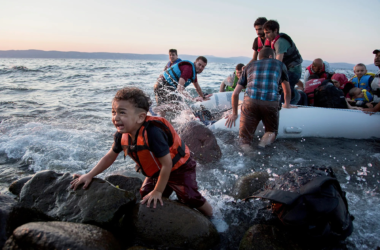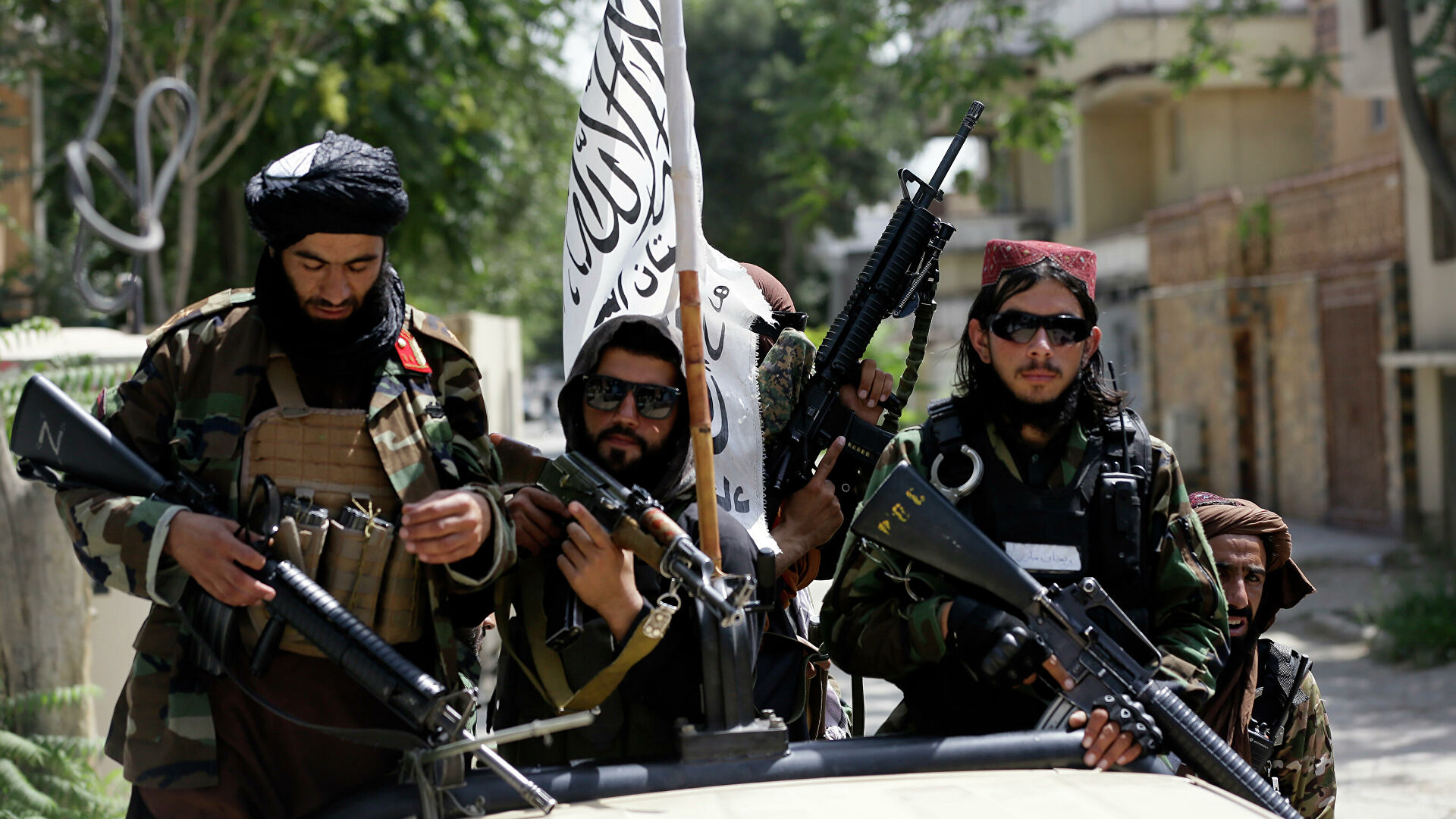Sustainable development goals, which were introduced by United Nations in 2015 and accepted by all member states, are designed to serve the interest of the whole of mankind. With the implementation of sustainable development goals, the aim is to create environmental protection and economic development programs to be integrated with national and international development policies (Cobbinah et al., 2015). The 17 goals are defined as “universal calls to action” that have the objectives such as combatting poverty and climate change, eliminating inequality in education, and preserving global peace.
In order to mention sustainable development, one needs to see development in different aspects of life and consider them as a whole (UNDP Africa, n.d.). In other words, it is not possible to think independently of goals that focus on development from different aspects. This also points to the idea that global development can only be achieved if the goals apply to all countries and no differentiation is made between them.
Some of the Sustainable Development Goals of African Countries
- Increasing Production in Agriculture: Since 60% of the working population is engaged in the agriculture sector, increasing agricultural productivity is important to tackle food insecurity (African Renewal, 2012). Problems such as inadequate nutrition emerge as a result of engaging in more traditional agricultural practices and reliance on rain to a great extent. Furthermore, natural events such as desertification and climate change also interrupt agricultural activities. As a result, it is intended to design policies to help boost agricultural productivity in Africa.
- Gender Equality: Making women have the same rights as men is one of the requirements for socio-cultural and economic development in Africa. Although several African countries managed to increase women’s participation in political life, women still don’t enjoy the same working conditions and privileges as men do. According to the United Nations Development Program, women only earn 77 cents whereas men earn 1 dollar from the same job (UNDP Africa, n.d.). For this reason, integrating women into political and economic life more is specifically important for sustainable development.
- Access to Primary Education: Since 2000, African countries have been showing progress in increasing children’s access to primary education. It is stated that the rate of children that enroll in school is above 90% in countries such as Algeria, Congo, South Africa, Rwanda, and Zambia. However, there is still more progress needed when it comes to the rate of children that complete primary education. Research shows that one-third of children who start primary education cannot reach the last grade of primary education. (Economic Commission for Africa, 2015). Although this situation is related greatly to political unrest, conflict, and education capabilities of African countries, it is considered a general problem of the whole region.
- The Use of Energy Resources: Providing reliable, modern, and less costly energy sources until 2030 is also among the sustainable development goals. South African countries have made progress in increasing the use of such energy sources while two-third of African countries have not yet made enough progress to achieve this goal until 2030 (Nicolai et al., 2016). Since African countries’ success in achieving this goal depends on their own capabilities, considering and implementing the goals on a national scale appear important.
- Reducing Maternal Mortality: Maternal mortality is encountered many times in African countries because of poverty, having inadequate information, limited access to health opportunities, and issues with transportation. According to United Nations’ goals, maternal mortality must be reduced to the rate of 70 in 100.000 until 2030 (UN Women, n.d). However, research suggests that 9 of 10 countries in Sub-Saharan Africa are way behind the progress needed to achieve such a goal (Nicolai et al., 2016).
Obstacles to Sustainable Development
Africa, one of the major regions that needs development, has unfortunately fallen behind the progress developing and developed countries have made. The report that was published by “SDG Center for Africa” indicates that there has been a minimal amount of development made and in some instances, there is complete discontinuance (Begashaw, 2019). Not evaluating and implementing the goals in a national context is considered to prevent development. Factors such as colonialism history of the region, geographical structure, and urbanization are also considered to be direct and indirect obstacles to sustainable development.
- Issues with Financing
Globally, the number of investment countries get is below the minimum amount needed per country to achieve sustainable development. This is also the same for Africa. In addition, 1 of the 5 countries in Africa doesn’t have sufficient revenue to perform the basic state functions. This rate increases to one-third when the situation is considered for countries in Sub-saharan Africa (Begashaw, 2019). Therefore, African countries rely more on financial assistance coming from other countries. However, there are issues with financing in Africa when it comes to both national capabilities and the financial assistance countries outside Africa provide. The inadequate opportunities of foreign investment in Africa are considered national issues whereas not being able to get enough financial assistance from developed countries is an international issue. The unresolved structural economic problems and the inefficiency of the political elites seem to be cause of not getting enough financial aid (Küçük, 2020). Issues with financing occur also because of politicians who disregard the needs of the public and act depending on their own interests.
- Urbanization
Urbanization is usually considered as a phenomenon that increases the living standards of citizens and contributes to socio-cultural development. But for African countries urbanization is thought to disrupt sustainable development. It is stated that nearly all urban areas in Africa expand at a rate that is twice as much the population growth (Cobbinah et al., 2015). As urban areas expand unsustainably, even areas that are convenient for agriculture are sacrificed for urbanization. Thus, the agricultural sector that already needs development is undermined. People that live in urban areas also become vulnerable to increasing poverty, unemployment and malnutrition as a result of rapid and unplanned urbanization. Consequently, social services become disrupted, and the use of automobiles increases which leads to air pollution. The rapidity of urbanization not being compatible with city capacity also presents a threat to sustainable development (Cobbinah et al., 2015).
Prepared by Tuana Tuncer for The FEAS Journal.
References
Africa Renewal. (2012, April). Africa’s priorities for sustainable development . United Nations. https://www.un.org/africarenewal/magazine/april-2012/africa%E2%80%99s-priorities-sustainable-development.
Begashaw, B. (2019, July 30). Africa and the Sustainable Development Goals: A long way to go. Brookings. https://www.brookings.edu/blog/africa-in-focus/2019/07/29/africa-and-the-sustainable-development-goals-a-long-way-to-go/
Cobbinah, P. B., Erdiaw-Kwasie, M. O., & Amoateng, P. (2015). Africa’s urbanisation: Implications for sustainable development. Cities, 47, 62–72. https://doi.org/10.1016/j.cities.2015.03.013
Economic Commission for Africa. (2015). MDG Report 2015: Assessing Progress in Africa toward the Millennium Development Goals. https://www.afdb.org/fileadmin/uploads/afdb/Documents/Publications/MDG_Report_2015.pdf
Küçük, Y. K. (2020, August 14). Sürdürülebilir Kalkınma Hedefleri: Afrika’da kalkınmanın finansmanı. Independent Türkçe. https://www.indyturk.com/node/227146/t%C3%BCrkiyeden-sesler/s%C3%BCrd%C3%BCr%C3%BClebilir-kalk%C4%B1nma-hedefleri-afrika%E2%80%99da-kalk%C4%B1nman%C4%B1n-finansman%C4%B1.
Nicolai S., Hoy C., Bhatkal T. & Aedy T. (2016). Projecting Progress: The SDGs in Sub-Saharan Africa. Overseas Development Institute. https://www.odi.org/sites/odi.org.uk/files/resource-documents/10486.pdf
UNDP. Sustainable Development Goals. (n.d). UNDP Africa. https://www.africa.undp.org/content/rba/en/home/sustainable-development-goals.html
UN Women. SDG 3: Ensure healthy lives and promote well-being for all at all ages. (n.d). UN Women. https://www.unwomen.org/en/news/in-focus/women-and-the-sdgs/sdg-3-good-health-well-being












